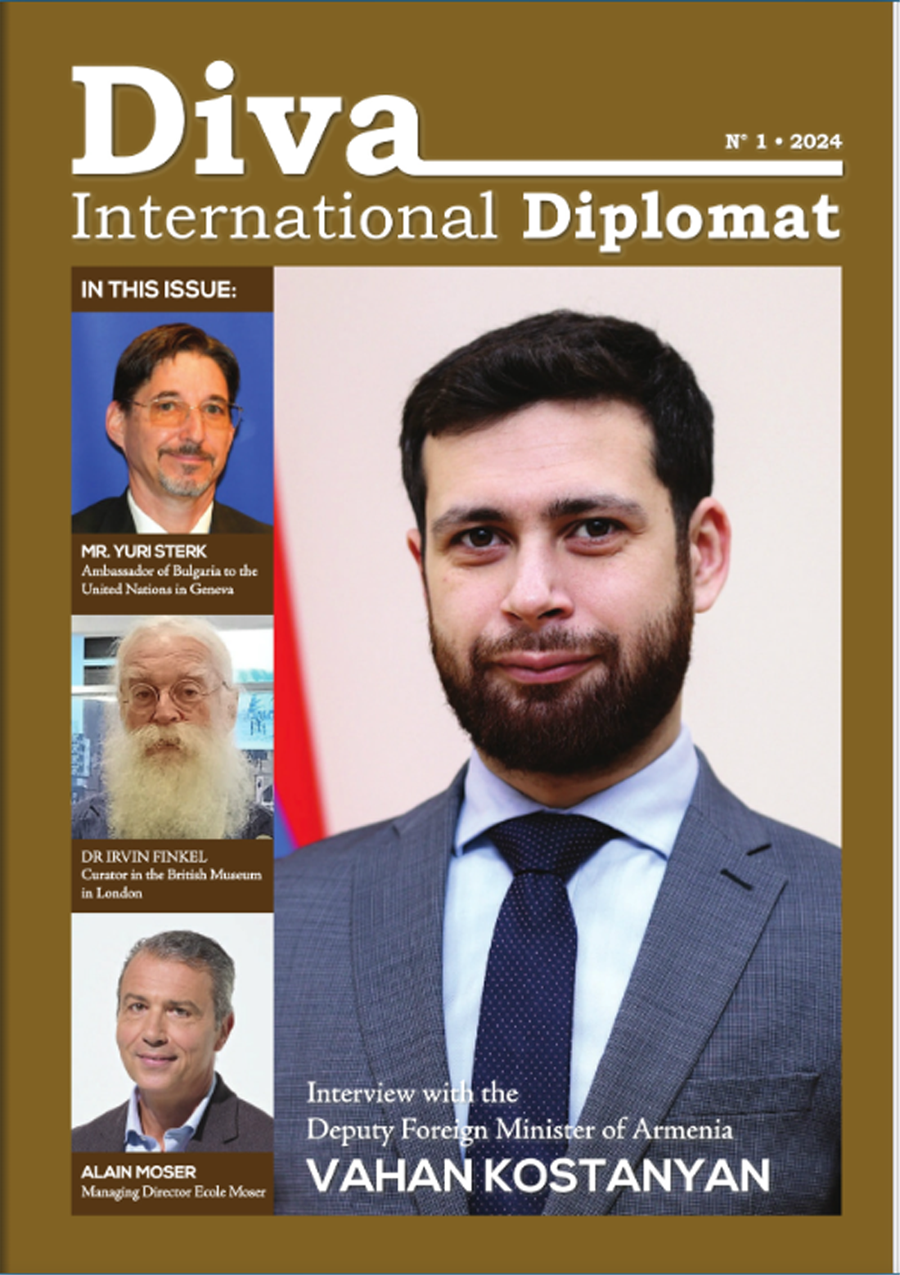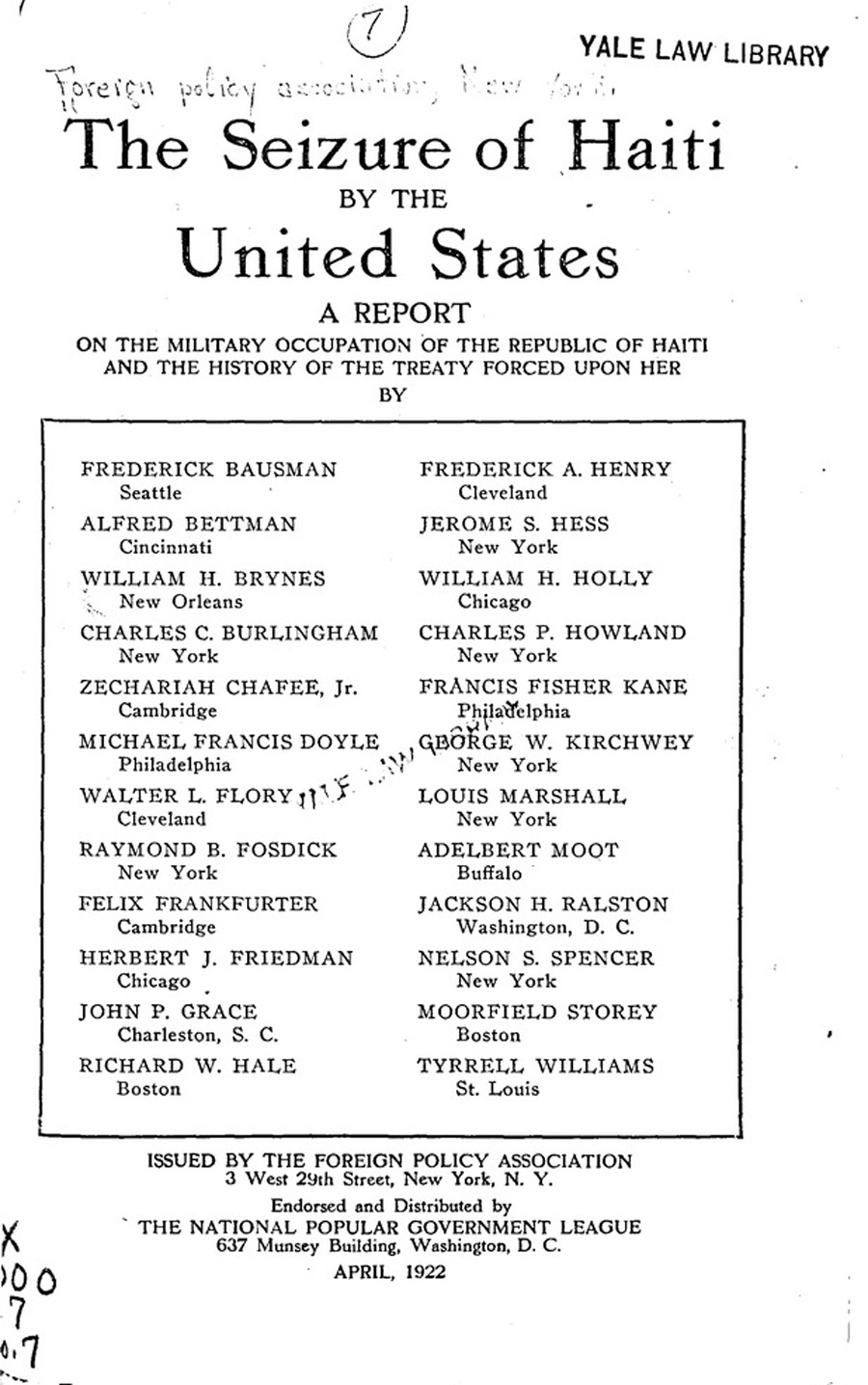 In these days when the world in concentrating on the energy issue, an important work of standardization of different gas pipelines is being carried out in Geneva, more precisely at the UN Economic Commission for Europe (UN ECE). The person in charge of this important work is Mr Sergei Kouzmine, who kindly accepted to tell us more about it all.
In these days when the world in concentrating on the energy issue, an important work of standardization of different gas pipelines is being carried out in Geneva, more precisely at the UN Economic Commission for Europe (UN ECE). The person in charge of this important work is Mr Sergei Kouzmine, who kindly accepted to tell us more about it all.
Q: What are standards and why are they important?
There tends to be confusion between standardized services and standards. « Standardized services » are something made especially for you, whereas a « standard » means the same conditions for everybody.
Why is this important? If you are making a refrigerator, it should correspond to a standard — size, energy consumption, etc. If your product does not correspond to this standard, you are stopping your industry from expanding because nobody will buy it.
In the technology area, for instance, it is very important to have standards as they allow products to be competitive and comparable. Standards can also be very useful to ensure safety measures, both for maintenance workers and people who live with pipelines as « neighbours ».
In this modern world we talk about certain standards which in principle are voluntary, and regulations (primarily regarding safety aspects) set by government which are mandatory.
Q: Why is standardization important for the energy sector?
Oil and gas are transported by pipelines. Take one example: gas comes from Siberia to Ukraine to Poland and so on — but the pipelines are not exactly the same. The moment the gas crosses a border, it flows through different pipes, how they are placed, the diameter, security requirements, etc. In this globalized world, you need to have the same requirements.
We received a request from the Russian union of constructors of oil and gas pipelines because they have different requirements from the operators of these pipelines. They came to see us — perhaps not to create a standard, but to set up a forum where standards/regulations can be discussed. Ideally, if we reach agreement, it can be used as a technical regulation in Russia and in other countries. It can be used as a voluntary requirement for the safety of pipelines for those countries that do not want to have them as mandatory requirements. It is not only a difference in the way standard are reached, it’s also a difference in the role of the State and industry, and this is influencing some technical issues. In the West, there is a history of partnership between the private sector and the government. The private sector produces pipelines that correspond to the technical requirements. If something goes wrong, the company has to correct it. In some Eastern European countries and in Russia, for instance, there is mistrust between the private sector and the government. The government does not have confidence in industry. They would like to check everything and that’s the reason why they want clear rules.
What is rather funny is that industry too is asking for clear requirements/ standards. Why? Because they are afraid that the State will use its power against them. Let us take an example: corrosion on the pipelines. What is corrosion? According to some Western standards, it is said that the pipes should have adequate corrosion protection. How many layers should be put on — one, two, five? In Russia they might tell you put five. First, the State cannot accuse me of neglect; and second, I am protecting myself because the regulations say that I should put on five layers of corrosion protection. Tomorrow, if my pipeline fails due to corrosion, it was not my fault because the State regulations prescribed five layers.
Q: Who are the people using you as a forum for discussions?
You have the producer of the gas, the companies that built the pipeline and the pipeline operators. Pipelines may be built by private companies and their sub-contractors involving the metallurgic, technical and mechanical industries. Once the pipe-lines are constructed, there are managed by the operators. So there might be hundreds or even thousands of different actors involved — all to a different extent. They all have their own ideas about different « types of standards » —the pipelines should be built in such a way and the metal should be so thick, etc.
Q: Does this project only concern Russia or are other countries involved?
The request came initially from Russia, but what we are discussing concerns the whole region. The interesting thing is to reach « transborder » regulations. The major oil and gas producers in the region have similar concerns. The system of regulations is changing in Russia, but it is also changing in Kazakhstan. Without dialogue you could end up with pipelines conforming to two completely different sets of regulations. This is a waste.
We are not trying to reinvent the wheel! We are trying to build these new regulations on the basis of existing ones, whether American or ISO standards. In some areas the regulations exist, in others there are none. The philosophy is that if you are doing something, it should at least be unified with your neighbours.
Q: So when do you think these standards will be adopted?
It is very difficult to say since we only started last year. For the time being, we have a completely different attitude between the companies from Western and Eastern Europe, therefore things take time.
What is important is to get people to understand that if they introduce regulations, they should also look at what is being done elsewhere —raising awareness about the issue.
However, in my opinion one of the most important issues is safety. Twenty years ago there was a terribly cold winter in Siberia, and there was a man who had a pipeline not to far from his house. One day he decided to drill a hole in the pipeline to get some gas to heat his house. He succeeded, but the consequences were catastrophic. The whole village was blown up and all the inhabitants were killed. This is only one illustration of why it’s important to have standards, but especially in the area of security.





